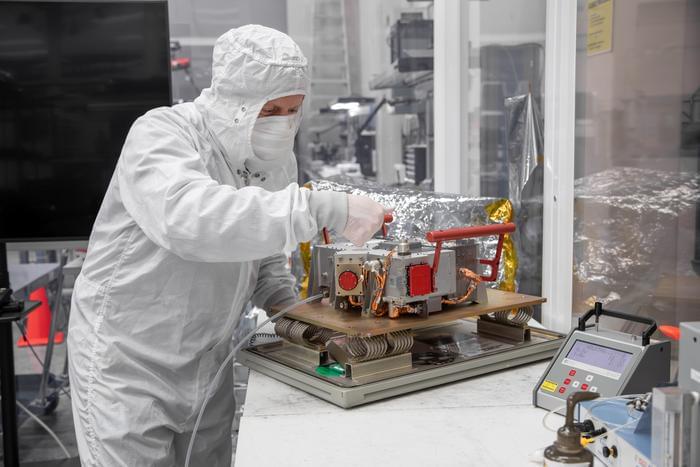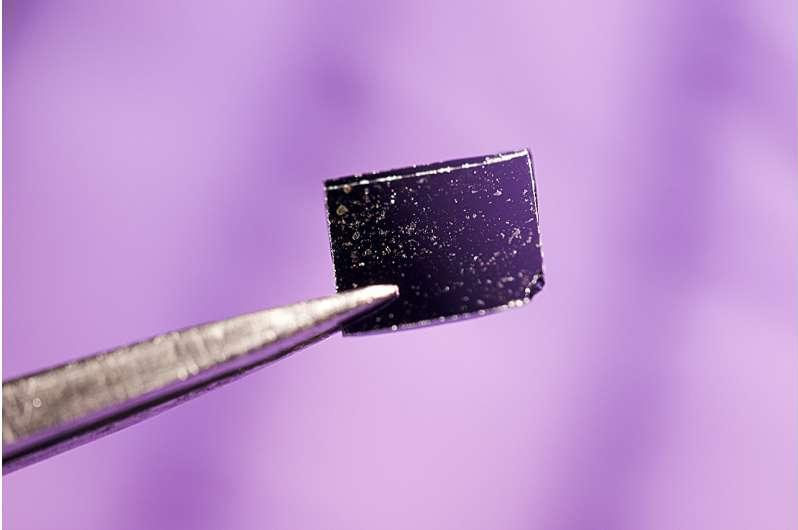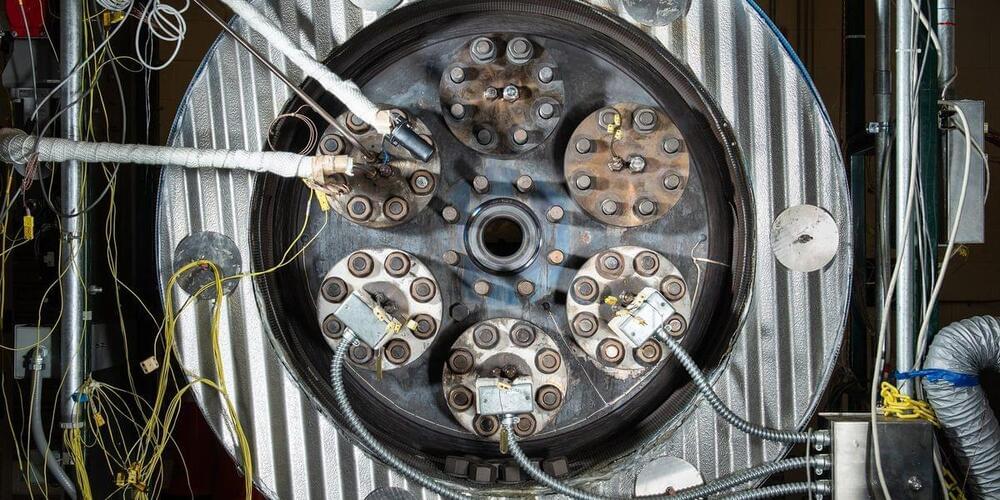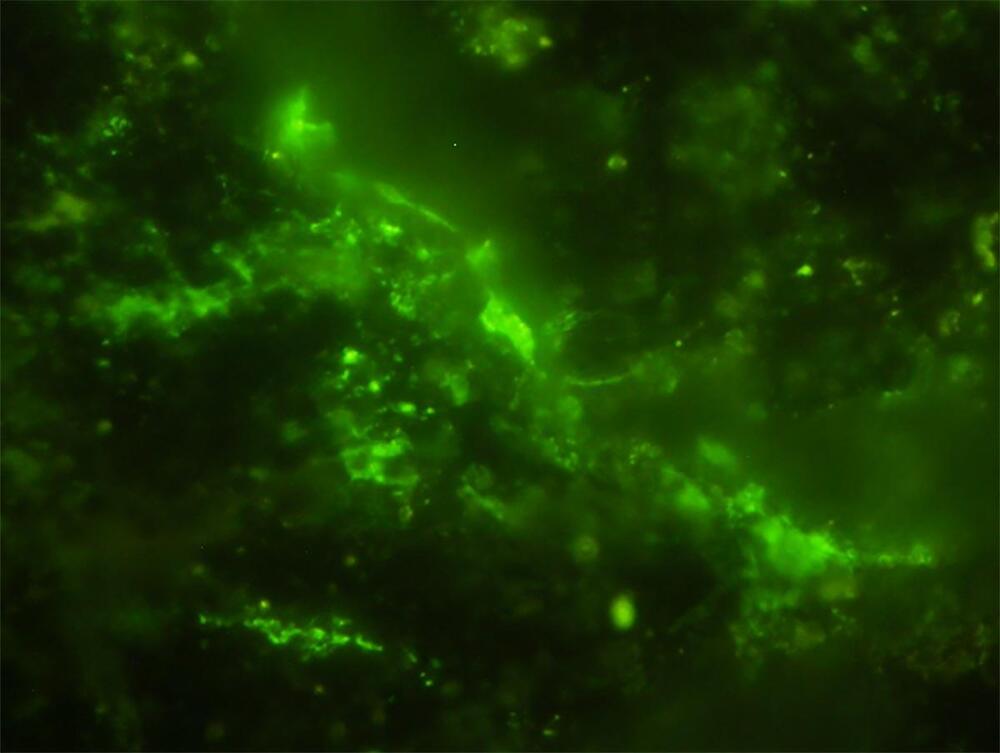Oct 15, 2024
Searching for Life: The Role of MASPEX and Europa-UVS in NASA’s Europa Clipper Mission
Posted by Laurence Tognetti, Labroots Inc. in categories: chemistry, space
Dr. Jim Burch: “With these precise measurements, the composition of the gases will reveal the story of the interior and whether the conditions for life exist beneath the icy surface of Europa.”
Will we find the building blocks of life, and potentially signs of life, on Jupiter’s moon, Europa? This is what the nine instruments onboard the recently launched NASA Europa Clipper mission hopes to address, with two being developed by the Southwest Research Institute (SwRI), the MAss Spectrometer for Planetary EXploration (MASPEX) and Ultraviolet Spectrograph (Europa-UVS). These two instruments hold the potential to help researchers determine the habitability of Europa and whether the small moon could support life as we know it.
The goal of MASPEX is to investigate the molecules that leave Europa’s surface, which occur either from Jupiter’s intense radiation interacting with the surface or emanating from Europa’s subsurface ocean that lies beneath its icy crust. MASPEX will accomplish this by collecting gases and stripping the ions to determine the types and sizes of the molecules present in the gases. Through this, MASPEX will help scientists better understand the chemical composition of Europa’s atmosphere, icy surface, and subsurface ocean.


















